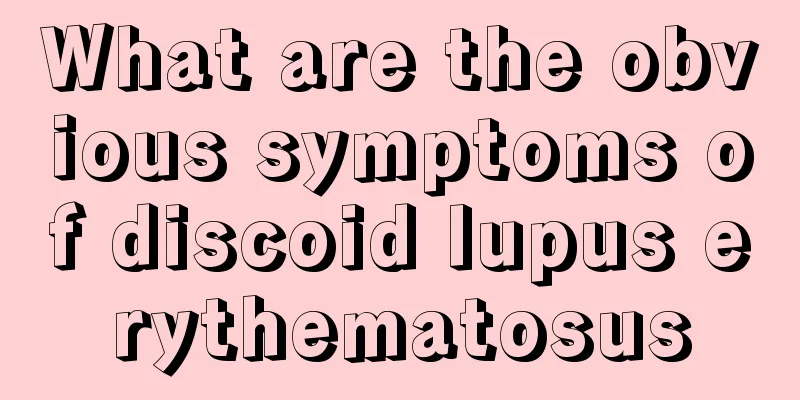What should I eat if I have cardiovascular problems?

|
Nowadays, people are really used to eating a lot of meat and fish, and they really can't live without meat. The body can't stand eating meat for a long time, and it can easily cause cardiovascular diseases. Therefore, patients with cardiovascular diseases must be cautious about their daily diet, and it is better to eat vegetarian food regularly. 1. What to eat if you have cardiovascular problems 1. Corn - Corn is rich in fat, and the content of unsaturated fatty acids, especially linoleic acid, in its fat is as high as over 60%. It helps the normal metabolism of body fat and cholesterol, reduces the deposition of cholesterol in blood vessels, and thus softens the arteries. 2. Asparagus - white flesh and delicious taste. It is known as the "longevity grass" and is rich in carotene and B vitamins. It has preventive and therapeutic effects on high blood pressure, hyperlipidemia, heart disease, arteriosclerosis and cancer. 3. Eggplant - contains vitamin B, vitamin C and high carotene. Regular consumption of eggplant can prevent jaundice, liver enlargement, gout and arteriosclerosis. It can lower the cholesterol in the blood, increase the elasticity of microvessels and prevent small blood vessel bleeding. 4. Kelp - Kelp is rich in fucoidan and laminarin. These substances have heparin-like activity, which can prevent thrombosis, lower cholesterol and lipoprotein, and inhibit atherosclerosis. 5. Shiitake mushrooms - contain nutrients and medicinal ingredients such as shiitake mushrooms, shiitake acid, multiple amino acids, vitamin C and shiitake polysaccharides. Eating shiitake mushrooms regularly can lower cholesterol, has an auxiliary effect in preventing and treating hypertension and arteriosclerosis, and can also prevent the occurrence of vascular diseases. 6. Winter melon - contains vitamins, proteins and minerals, has a low sodium content, and has a good therapeutic effect on arteriosclerosis, coronary heart disease, etc. 2. What should not be eaten for cardiovascular disease 1. Control cholesterol: Do not eat or eat as little egg yolks, animal brains and offal, and crustaceans such as clams, snails, crabs, etc. 2. Control fat: Do not eat or eat less animal oil, eat more vegetable oil, peanut oil, sesame oil, corn oil (oil foods) and other plant oils. 3. Control sugar intake: do not eat or eat less candy and other foods high in sugar. From this we can see that in daily life, whether from the perspective of disease prevention or disease treatment, we should see the importance of eating vegetarian food. However, for some serious diseases, of course, we still need to choose symptomatic treatment. |
<<: What are the symptoms of chronic pancreatitis?
>>: What to eat for cardiovascular sclerosis? Eat more of these foods
Recommend
Does Wujiang fish have many bones?
Wujiang fish is a very popular fish and a very im...
The efficacy and function of blue moonstone
Blue moonstone is not common in life and is a rel...
Method of using Astragalus, Atractylodes and Saposhnikovia
Many of us are particularly susceptible to catchi...
Can optic nerve ischemia be cured?
The optic nerve is a relatively important nerve i...
What should I do if I keep fantasizing in my head
Very young children often fantasize about the fut...
What to do if you are one month pregnant
One month into the pregnancy, it is mainly the ea...
What is keratin
There are various nutrients in the skin, which ar...
The efficacy of fruit enzyme powder
Many people usually eat fruits, but in addition t...
My legs suddenly kicked while I was sleeping
One of the things people have to do every day is ...
What are the early signs of brain cancer?
Brain cancer is a malignant tumor in the brain. T...
Who is not suitable for myopia correction surgery?
China is a country with a high rate of myopia, an...
Will renal hamartoma recur after surgery?
Renal hamartoma is a benign kidney cancer. As lon...
Can regular urination prevent bladder cancer? What causes bladder cancer?
Bladder cancer refers to a malignant tumor that o...
The serum leukocyte-to-blood ratio is low
The serum white blood cell ratio is generally at ...
Nosebleed and sputum contains blood
If there is bleeding in the nose and blood in the...









